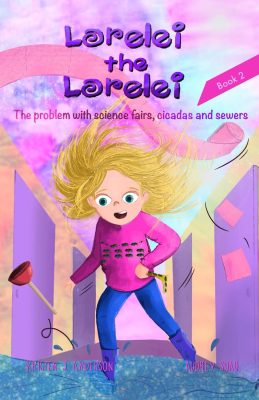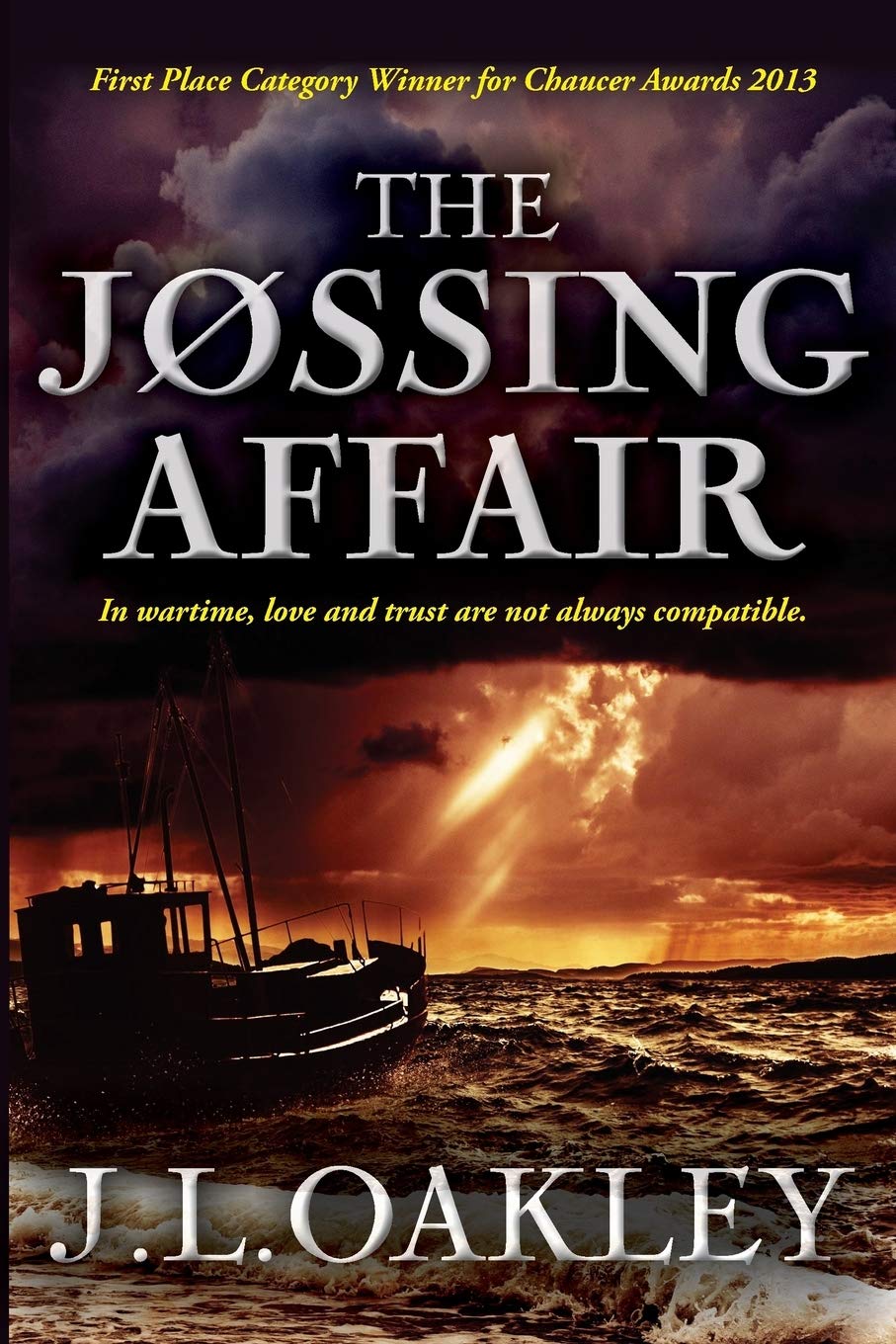|
Listen to or download this article:
|
Author Samuel Ole Lotegeluaki, PhD, states in the very title of this book, I Am a Prisoner of Hope. He goes on to explain why this is the case and why hope is central to our beingness.
A Maasai originally from Tanzania and one of three boys in a family with eight children, Lotegeluaki has been living in the United States for many years and has seen much good and much bad, in the country and around the world. In defiance of social inequality and bigotry, Lotegelauki maintains a strong belief in human unity, “Day and night I am reminded of the fact that we as human beings, regardless of culture, language, religion, gender, skin color or social economic status, are all under God’s huge canopy, and we are convincingly related.” He reminds us, “You may not look exactly like me, but rest assured, we are not just related, but more importantly, we are siblings.”
Lotegeluaki tells the reader his experiences, the histories of places he has lived and the people he has met, and observes what each has to teach and offer humanity. He remains dedicated to the pursuit of togetherness within diversity, no matter our differences. In Chapter Four, “Grandmother’s Quilt,” he uses the metaphor of a handmade quilt with emotional overtones and ties to explain human nature and all that it entails.
Lotegelauki goes on to investigate the history of the worldwide slave trade, how it introduced and transformed African cultures in North America, and how it has affected American society to this day.
The Civil Rights Movement was a start to heal the wounds inflicted during the slave trade years, but bad blood and racial strife have continued throughout the succeeding decades. In the following chapters, we are reminded that humanity is too complex and multi-faceted for any group of people to hold dominion over all others, “None of us can claim the absolute ownership of this global canopy.”
Nor can we simply assume that we can “make a home in some other places such as Mars or even the moon,” Lotegelauki states. Perhaps in a few years that may be possible, but until that time, we still have to deal with the world we have now, and the people we have now. “We all belong to one race, and that is the ‘human race.’ Getting along is not and should not be a choice, but rather a necessity.”
This book points to the work yet to be done towards true unity. Are we there yet? Not on your life. Are we well on our way to being better? It doesn’t hurt to keep working on it, does it? We keep trying. We are only on this earth for a short period of time, Lotegeluaki reminds us, and we need to make the best of it.











Leave A Comment